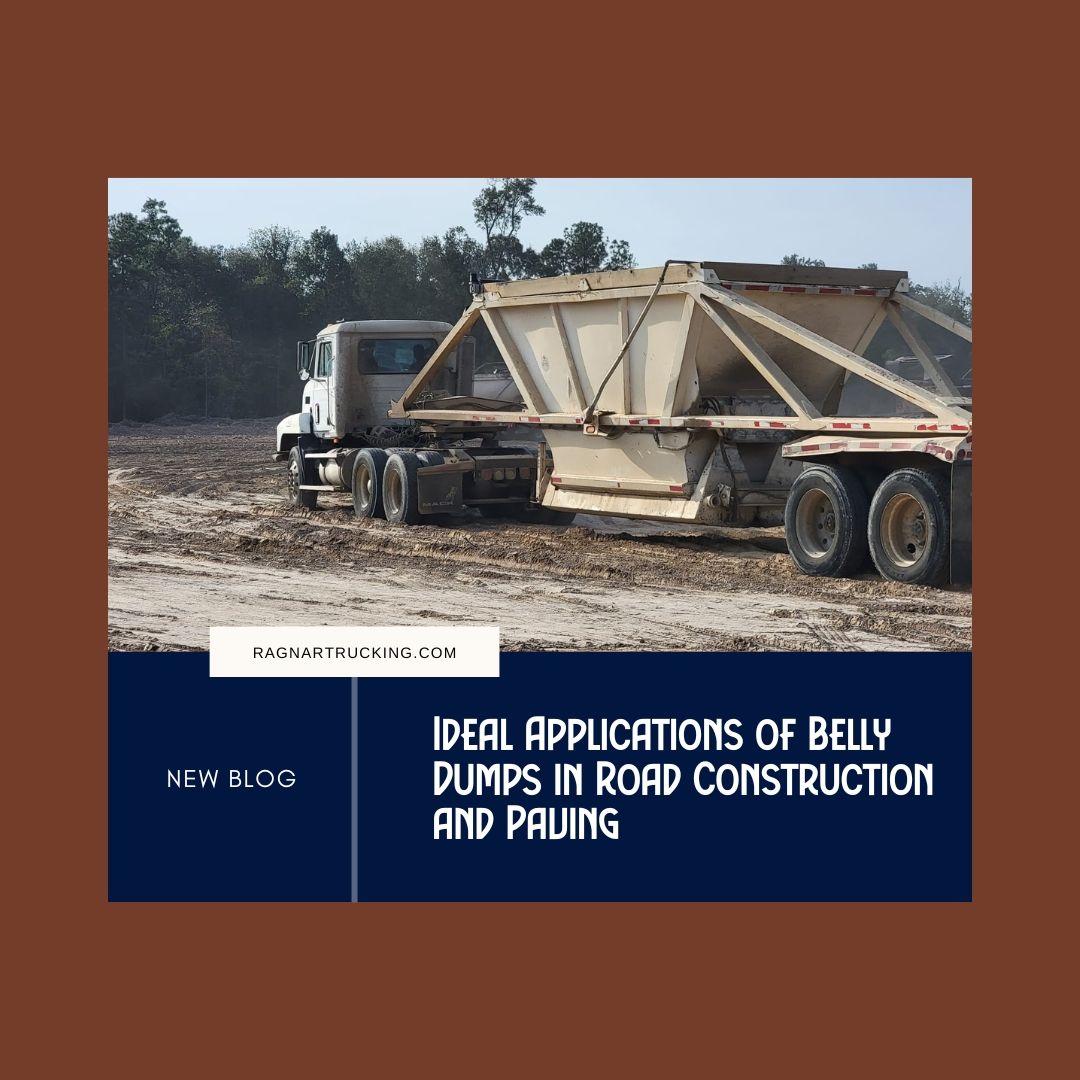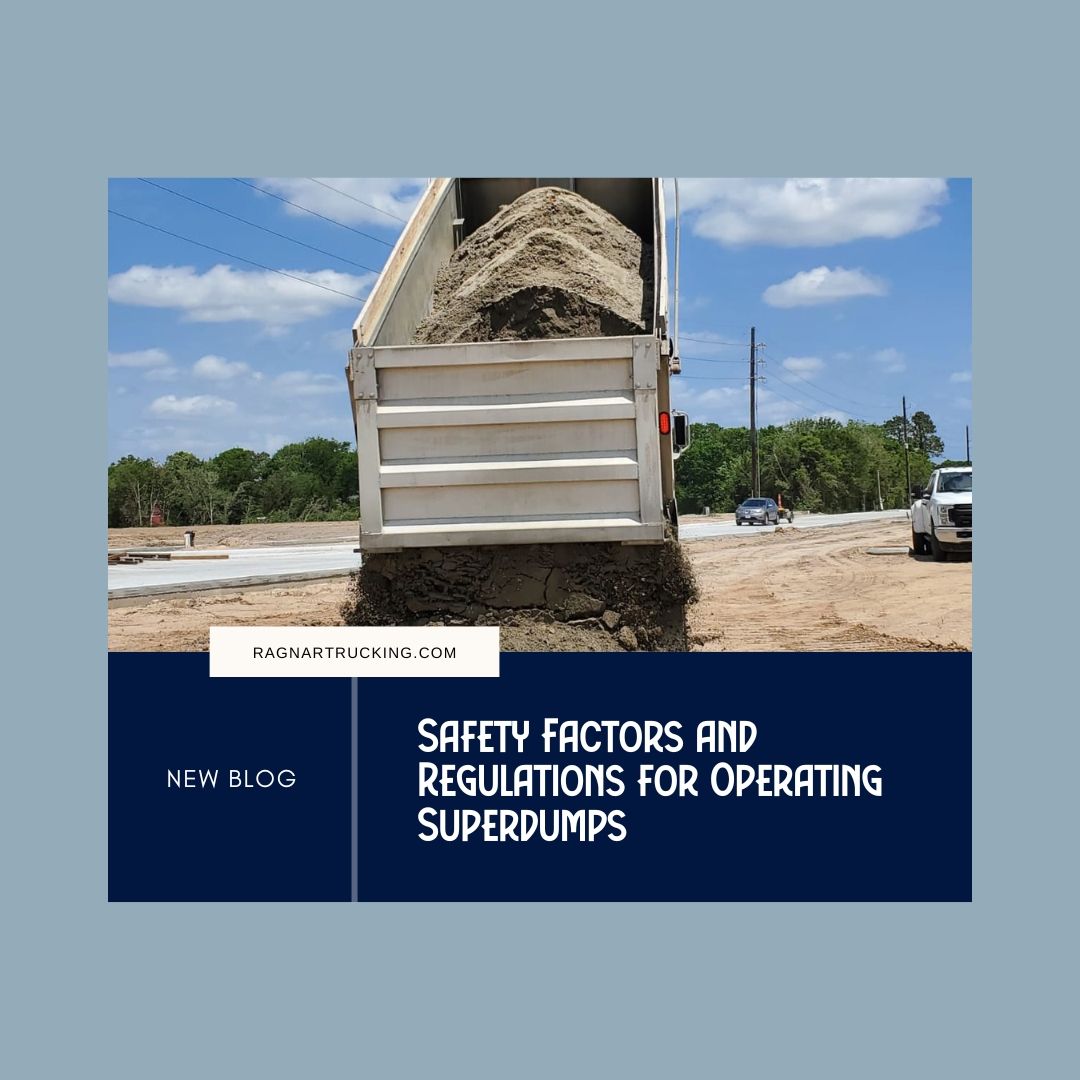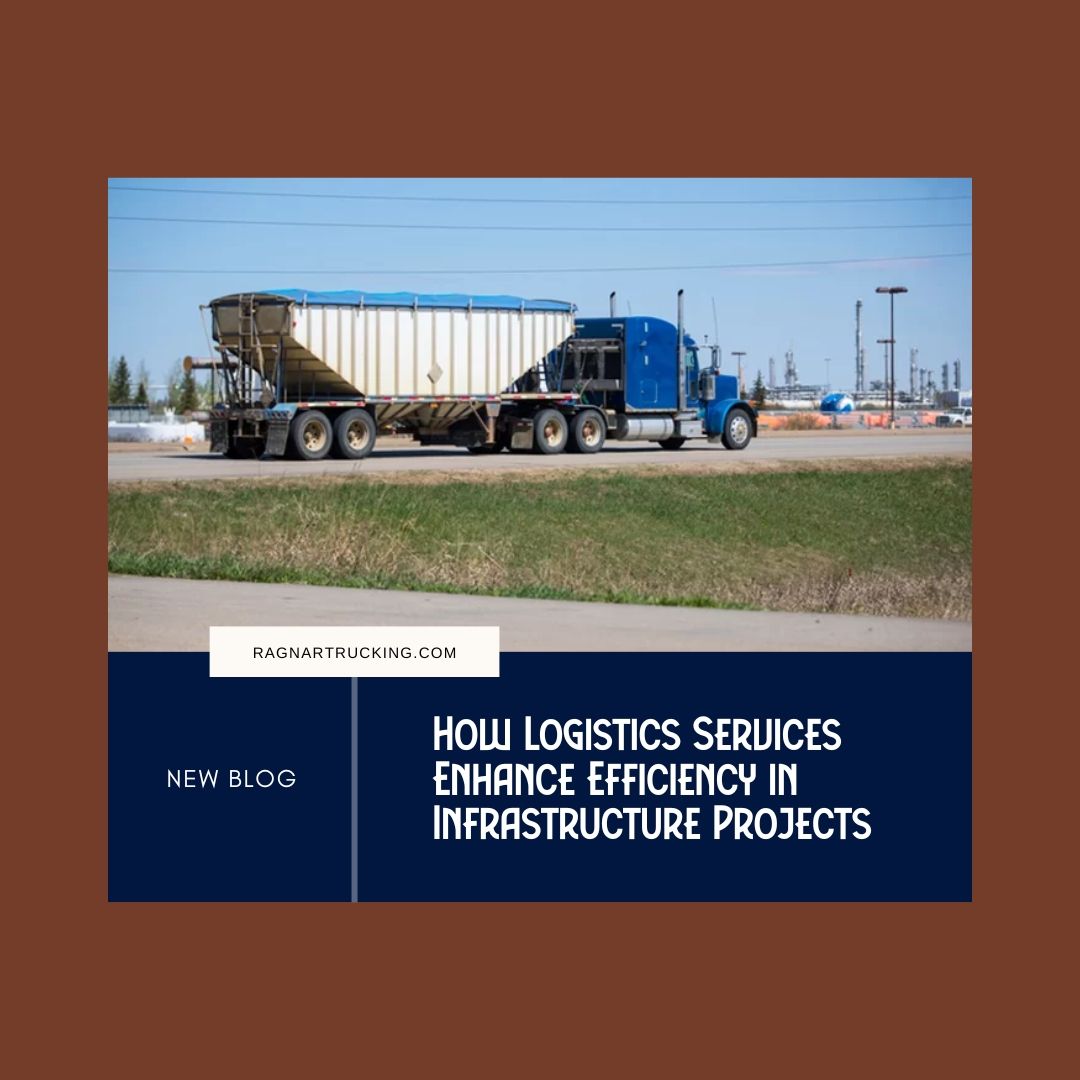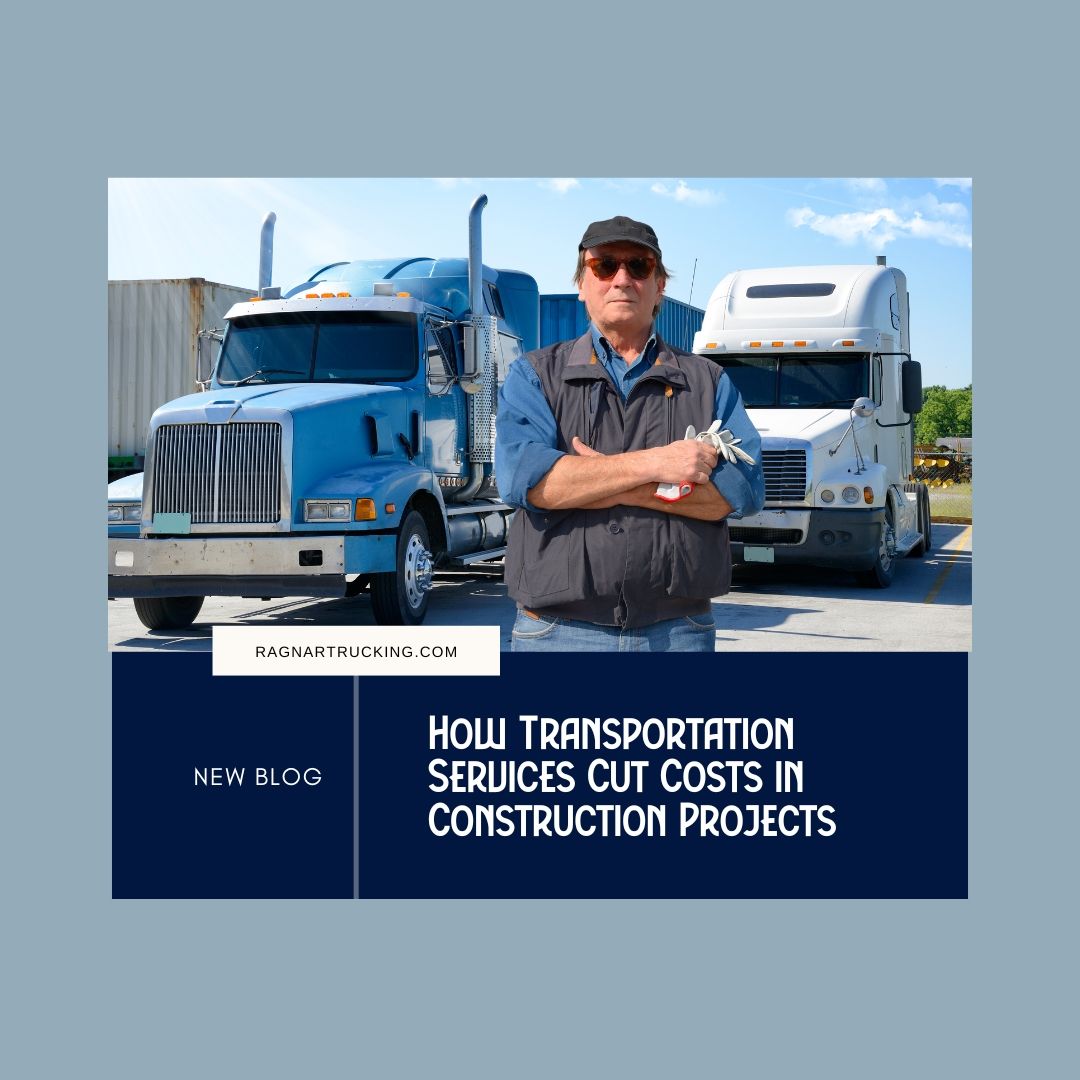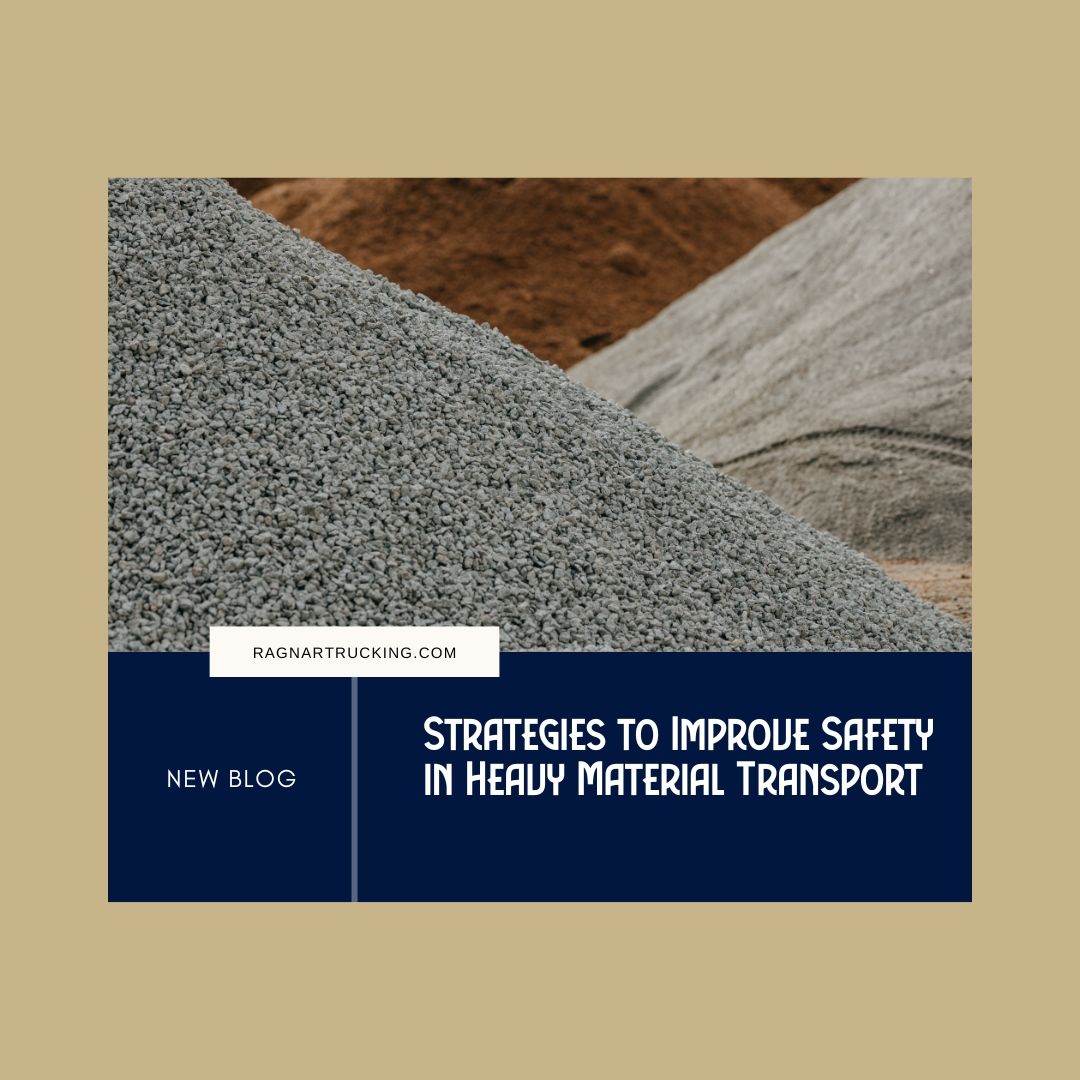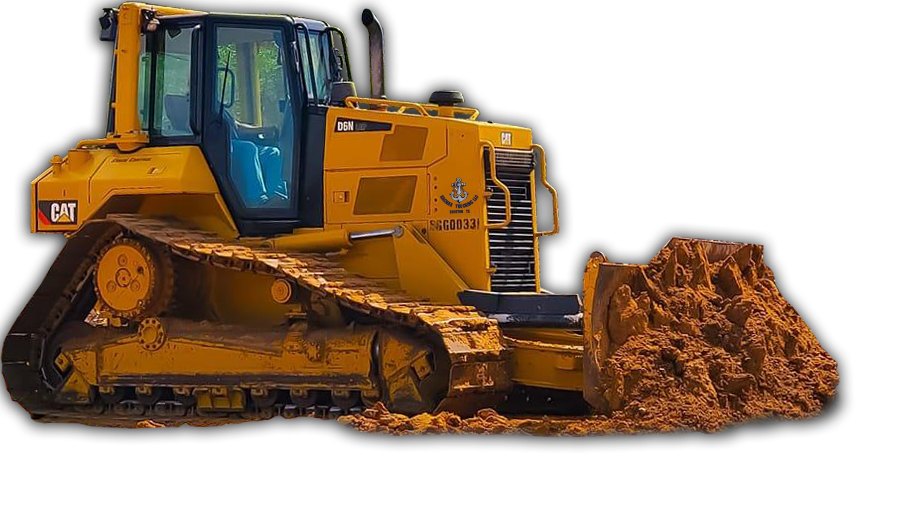Stay Updated with Our Blog in Houston, TX
Stay informed with the latest insights, tips, and updates from our construction industry blog.
How to Choose the Right Type of Piping for Underground Utilities
Selecting the right type of piping for underground utilities is critical for ensuring the longevity and reliability of infrastructure projects. Different materials offer various benefits and are suited for specific conditions and applications. Here’s a detailed look at High-Density Polyethylene (HDPE), Reinforced Concrete Pipe (RCP), and Corrugated Metal Pipe (CMP), along with guidance on making an informed choice for your project.
Understanding the Types of Piping
1. High-Density Polyethylene (HDPE) Pipes
HDPE pipes are known for their flexibility and strength, which makes them an excellent choice for a range of underground utility applications. They are resistant to corrosion, which is a significant advantage in environments where exposure to chemicals or moisture could degrade other types of pipes. HDPE pipes are lightweight and easy to handle, facilitating quicker and more cost-effective installation.
HDPE pipes are particularly suitable for water supply lines and sewer systems. Their flexibility allows them to bend without breaking, which is beneficial in areas with shifting soils or where seismic activity is a concern. Their resistance to chemical corrosion and ability to handle high pressure make them ideal for transporting potable water and wastewater.
2. Reinforced Concrete Pipe (RCP)
Reinforced Concrete Pipes are exceptionally strong and durable, making them a preferred choice for projects that demand high load capacity and long-term performance. They are often used in stormwater management systems and culverts due to their ability to withstand heavy loads and high-pressure environments. RCP's robust nature means it requires minimal maintenance once installed, offering a cost-effective solution over its lifespan.
RCP is particularly effective in applications where stability and strength are paramount. Its fire resistance adds an extra layer of safety, which can be crucial in industrial settings. These pipes are ideal for deep installations and heavy traffic areas where other materials might not provide the necessary support and durability.
3. Corrugated Metal Pipe (CMP)
Corrugated Metal Pipes are versatile and offer a good balance of strength and flexibility. Made from galvanized steel or aluminum, CMP is resistant to rust and decay, providing a long-lasting solution for various drainage and irrigation systems. Their corrugated design enhances their structural integrity while allowing them to flex under load, which makes them suitable for dynamic ground conditions.
CMP is widely used in drainage systems due to its ability to handle large volumes of water efficiently. It is also favored for temporary bypass systems because it is easy to transport, install, and remove, making it an economical choice for projects that require quick and flexible solutions.
Choosing the Right Piping for Your Project
When selecting the appropriate piping for your underground utility project, several factors should be considered to ensure you choose the best option for your specific needs:
- Environmental Conditions: Evaluate the soil type and potential corrosive conditions. For example, HDPE is excellent in chemically aggressive environments, while RCP is suitable for areas with heavy load demands.
- Load Requirements: Determine the structural load the pipes need to support. RCP is ideal for high-load areas such as roads and culverts, whereas CMP can be effective in less demanding, flexible applications.
- Installation Depth: Consider how deep the pipes will be installed. Deeper installations may require more robust materials like RCP, which can handle higher pressures.
- Maintenance and Longevity: Assess the expected maintenance requirements and the desired lifespan of the installation. RCP offers long-term durability with minimal maintenance, while HDPE and CMP provide flexibility and easier maintenance access.
- Budget Constraints: Balance upfront costs with long-term benefits. HDPE and CMP generally have lower initial costs and are easier to install, while RCP, although more expensive initially, provides a cost-effective solution over time due to its durability and minimal maintenance needs.
For projects in diverse environments like Houston, understanding the specific characteristics of each type of piping helps ensure that the chosen solution meets the demands of the project and provides reliable performance over the long term.
Visit our BLOG for valuable insights and tips on our services and related topics. At Ragnar Trucking, LLC, we regularly update our BLOG with new posts to keep you informed about the latest in construction, excavation, civil engineering, and more. Whether you're a homeowner, contractor, or industry professional, you'll find useful information that can help you with your projects. Stay tuned for expert advice and updates on our comprehensive range of services.
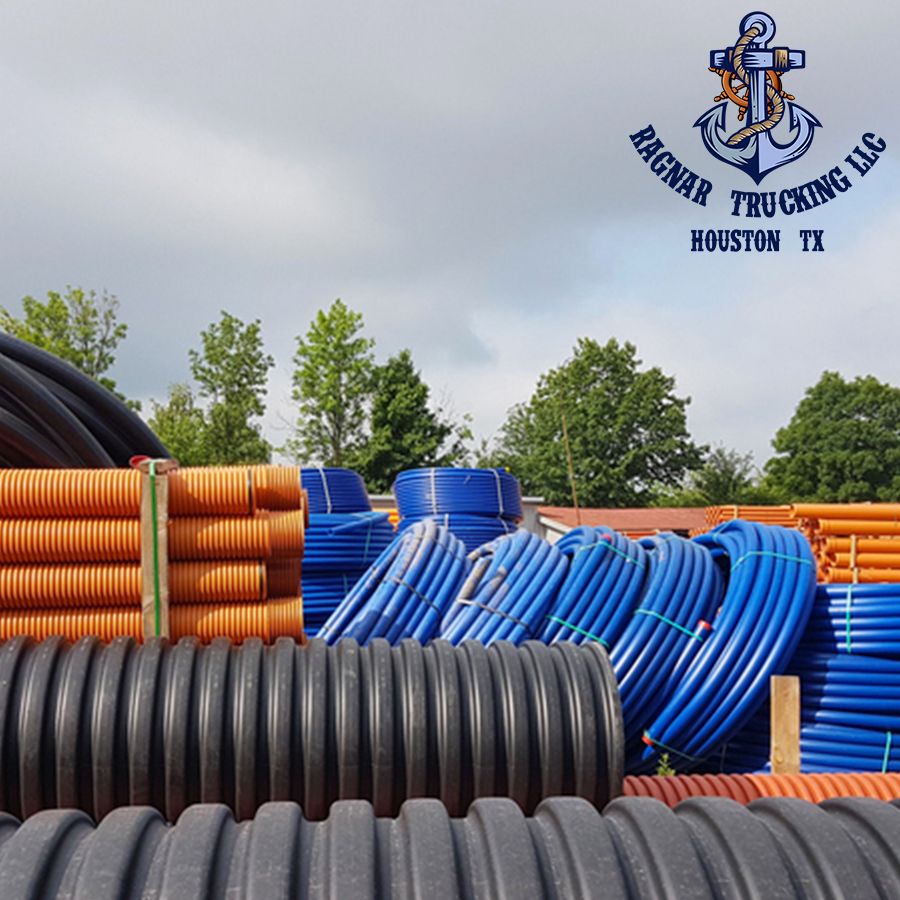
Stay updated with Ragnar Trucking, LLC’s blog, featuring insights and tips on trucking, excavation, land clearing, civil engineering, and more in Houston. Explore expert advice and industry news to keep your construction projects on track.
Houston trucking blog, Excavation tips blog, Land clearing blog Houston, Civil engineering blog, Architectural concrete blog, Structural concrete blog, Storm drainage blog, Detention pond blog, Industrial plant blog, Parking garage blog, Pinhole dispersion clay blog, Bank sand blog, Common fill blog, Building pad blog, Construction services blog.
